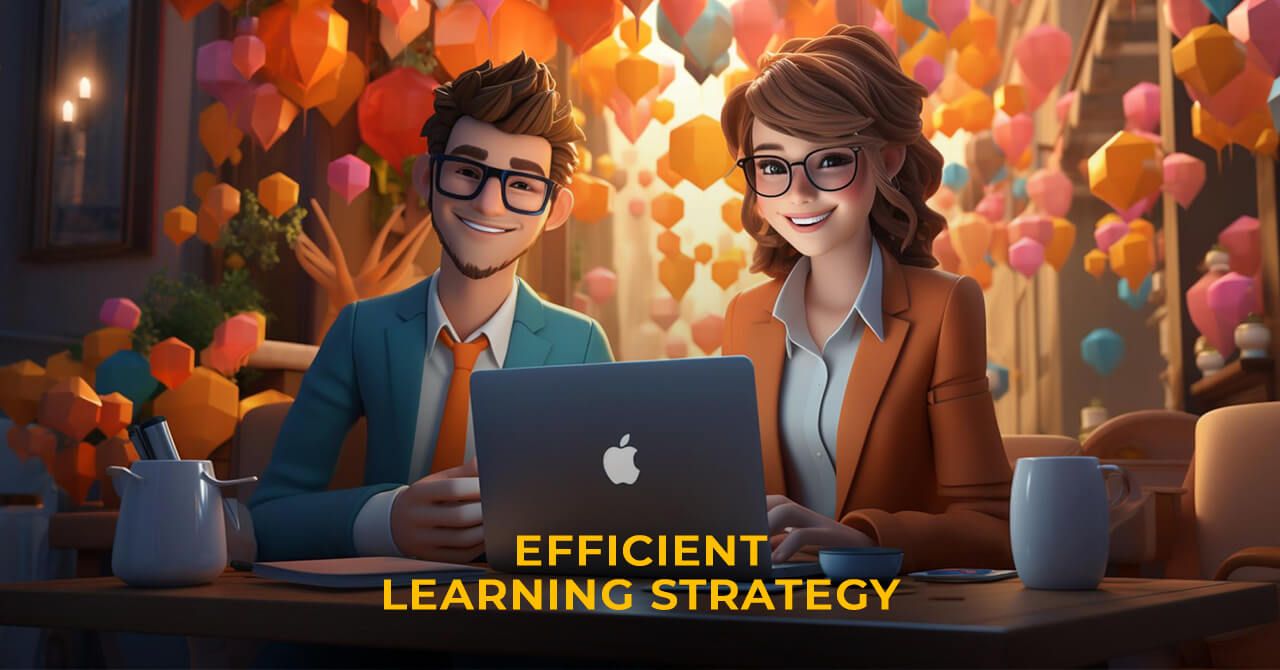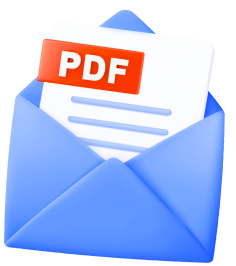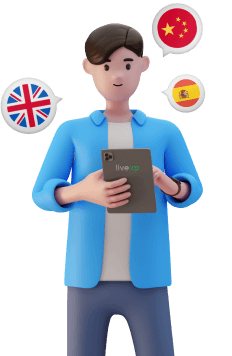
How to Identify an Efficient Learning Strategy as an Adult Learner
Though we are taught a lot, we are rarely taught how to utilise different learning techniques to find an efficient learning method for us.

Get a FREE guide!
Want to sound like a native English speaker?
Get our free PDF with top tips that work.

Check your email!
Struggling as an adult learner?
It’s no secret that learning anything as an adult can be quite different when compared to learning things as a young learner. As a teacher, I feel these things are important to differentiate; otherwise, there can be a lot of bleed-through between learning techniques and your approach to personal study time. Just think about it for a second. Has anyone ever told you how to be a good learner? I’d imagine for most of you, the answer is “no,” and in the mainstream education system, though we are taught a lot, we are rarely taught how to utilise different learning techniques to find an efficient learning method for us.
What are the main differences between learning as an adult and learning as a young learner?
This question alone could be the topic of an entire article, but allow me to talk about some of the things I have noticed over my teaching career. As children, we are primarily exposed to auditory and reading/writing study methodologies based on a system of discipline and following instructions from our teachers. Young learners will be taught to learn most of their knowledge based on repetition and collocation models. This means that we spend a lot of time listening, reading learning resources, and writing essays or making notes. This is fine for some learners, but for visual or kinesthetic learners, this can be hard to capitalise on and find benefits in. Do you know what kind of learner you are? If so, do you feel like you can take advantage of your preferred learning style to create an efficient learning environment for yourself?
On the other hand, when studying as an adult, a majority of adults will be returning to their studies after (in some cases) years of having not revised or used the skills they learned when they were younger. As adults, we may feel that studying as we once did when we were younger is okay, but it may not always be an optimal learning strategy, depending on what kind of learner you are. Adult learners will often lack confidence as they convince themselves they have “forgotten everything.” Oftentimes, they will also feel lost when it comes to studying alone in their spare time. It turns out that most adults greatly benefit from confidence-building exercises, logic-based learning, and real-life application-style learning with a strong focus on student-centered activities to allow the student some space to have inner realisations and work things out for themselves.
How can I discover my learning style and then apply that to my studies?
The first thing to do before starting any course or studying anything by yourself is to identify what kind of learner you are.
Are you a visual learner (you absorb and retain information better by seeing it visually in the form of pictures, videos, diagrams, etc.)? You could benefit from preparing flashcards or watching films or documentaries, for example.
Are you an auditory learner (you absorb and retain information most effectively by hearing it)? You could benefit from listening to podcasts, audiobooks, recorded lectures, etc.
Are you a reader or writer? (You absorb and retain information best after reading it or having written it down.) You could benefit from reading articles or books and taking notes about your readings.
Are you a kinesthetic learner (you absorb and retain information best when you are able to have a physical experience like touching things, acting, etc.)? You could benefit from practising role-playing or more hands-on activities.
Whichever kind of learner you are, it’s important to explore learning activities that cater to your preferred method of study. If you are struggling to think of examples, feel free to reach out to me or have a look online, as there are limitless resources for learning in specific styles.
















